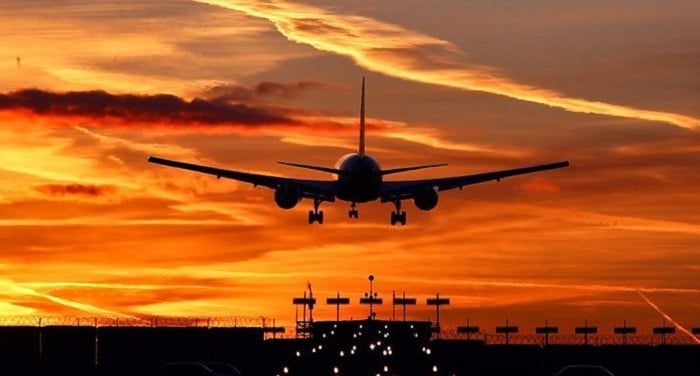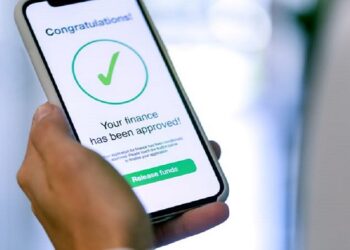Chairman of the House of Representatives Committee on Aviation, Rep. Nnolim Nnaji, has commended the Federal Government for responding to the appeal and concerns expressed by the House Leadership and its Committee on Aviation by releasing more than half of the trapped foreign airlines’ funds.
Nnaji also frowned at some airlines’ insistence on selling tickets in dollars and asked them to rescind their decision.
He also appealed to the airlines to lower their fares on Nigerian routes, noting that investigations had shown that Nigerian travellers pay higher fares on international routes than any country in Africa.
Nnaji also acknowledged the efforts of the Ministries of Aviation and Finance and the Central Bank of Nigeria (CBN) for their roles in making the release of the funds possible.
He equally urged the International Air Transport Association (IATA) and the member airlines to show understanding by rescinding some of their actions against the country.
Meanwhile, while foreign airlines may have felt relieved over the Central Bank of Nigeria (CBN)’s release of $265 m to clear outstanding ticket sales, the problem is not yet over, as just one-third of the money was said to have been released.
Daily Trust reports that Kingsley Nwokoma, president of the Association of Foreign Airlines and Representatives in Nigeria (AFARN), said that with only a fraction of the trapped $600m released so far, the problem is not yet over.
According to him, stakeholders needed to come together and devise a holistic measure to address the challenge.
He spoke just as our correspondent’s findings indicated that Emirates Airlines, which announced it would suspend flights by Thursday, September 1, has yet to rescind its decision.
The airline blocked bookings from September 1 in accordance with its earlier announcement, and as of the time of filing this report, there has been no further communication from the airline.
It would be recalled that the airline decided to take action due to its inability to repatriate its $85m ticket sale funds, even as other airlines devised other measures to mitigate the effect of blocked funds.
Speaking with our correspondent, Nwokoma said the CBN’s release of $265m cannot address the pending issue.
Asked if the airlines had received the funds, he noted that the issue would be clearer this week, saying, “Getting the funds to the foreign airlines wouldn’t be an issue.”
“So we need to address how we got to where we are today and it is not that you release this and in another couple of weeks, we are still battling with funds not repatriated back.
“So meetings would be held on how we got to this situation to ensure that this does not continue because it is a BASA agreement. Regardless of what anybody is saying, you have signed an agreement with another country, not even with the airline, and that agreement has to be fulfilled.”
He stated that releasing one-third of the money is insufficient for airlines to rescind the decision to reduce flights to Nigeria.
“We shall see because the money is still a lot. Every minute, every second people are still buying tickets. So the money is still growing. It is over $600m. Paying like one third doesn’t mean it’s still perfectly okay.
“If the government had acted long before this time, we wouldn’t be where we are. The world’s economies are bad, everybody is grappling with one issue or the other but the airline industry is the most affected after Covid and it is an industry that requires 100 percent safety, not 99 percent.
Meanwhile, Dr. Harold Demuren, a former Director-General of the Nigerian Civil Aviation Authority (NCAA), has proposed that the federal government allow foreign carriers to charge passengers in first- and business-class cabins dollars for tickets. In contrast, passengers in economy class can pay in Naira.
He said this would reduce the burden of funds repatriation on the airlines.
Daily Trust, however, reports that if the proposal were adopted, the outcome would entail a review of the bilateral air service agreement (BASA) to give effect to it.
According to Demuren, most passengers in Business and First Class have the means to buy their tickets in dollars.










